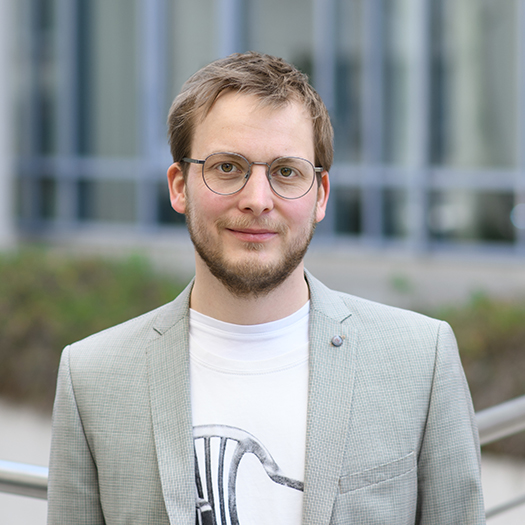Refugees Need Quick Psychological Help
ResearchZEW Provides Overview of Psychological Treatment Offered in Ukrainian and Russian
More than two million people have fled from war and violence in Ukraine, especially women and children. They have experienced terrible things in the war and while fleeing, which is why they need not only medical but also psychological help after their arrival in Germany. ZEW researchers have provided an overview based on Google Maps to enable the best possible access to psychological care.
“The exact number of refugees from Ukraine and the number of those who need psychological care is still uncertain. However, international and German studies on the frequency of health issues among refugees show that the need for psychological care after fleeing is rarely less than 30 per cent. From our experience with refugees already living in Europe, we know that the need for health services is very high, especially in the first year after arrival. It is therefore necessary to act and provide swift treatment now,” says ZEW economist Sabrina Schubert.
However, the existing language barrier should not be underestimated: While interpreters can facilitate communication in the treatment of physical illnesses, for example, it is a challenge to establish a relationship of trust with psychotherapists in this way. Of the 17 associations of statutory health insurance physicians to which most practices belong, 16 (all except Thuringia) enable patients to search for doctors with certain language skills. However, since this information is difficult to obtain, the ZEW economists created an easily accessible and simplified map containing all psychotherapists who speak Ukrainian or Russian.
Increasing the chance that refugees receive the best possible treatment by distributing them throughout Germany
In addition to the direct benefit for the displaced persons, the map provides an overview of the regional distribution of the indicated language skills. A total of 659 psychotherapeutic practices offering treatment in Ukrainian and Russian are listed in the registers of the associations of statutory health insurance physicians. This is most common in Mecklenburg-Western Pomerania with 48 practices per one million inhabitants, and least common in Bavaria with only one practice per one million inhabitants. “Among many other reasons, the supply of psychotherapists also speaks in favour of distributing refugees from Ukraine throughout Germany. A better distribution will not be able to overcome the already existing shortage of therapy places, but it would increase the chance of receiving the best possible treatment,” says ZEW economist Dr. Simon Reif.




